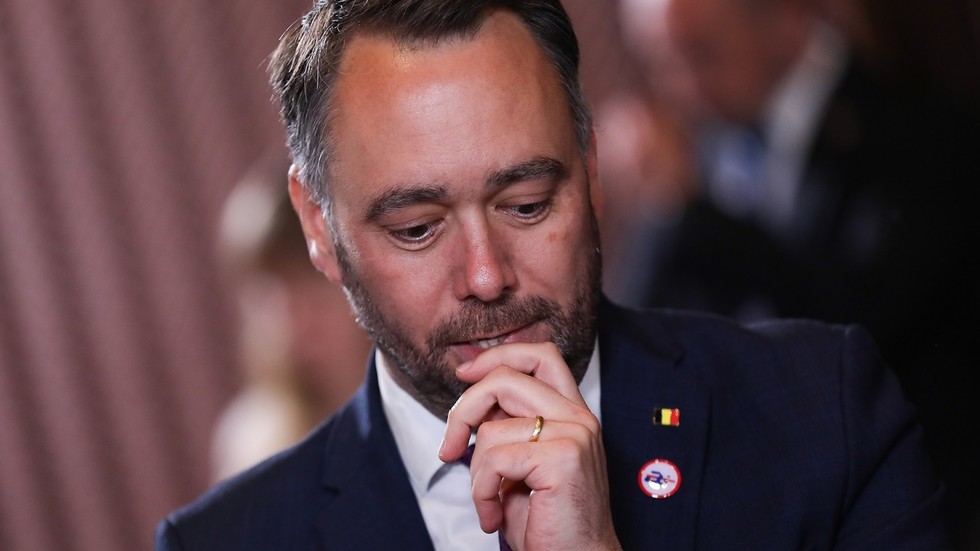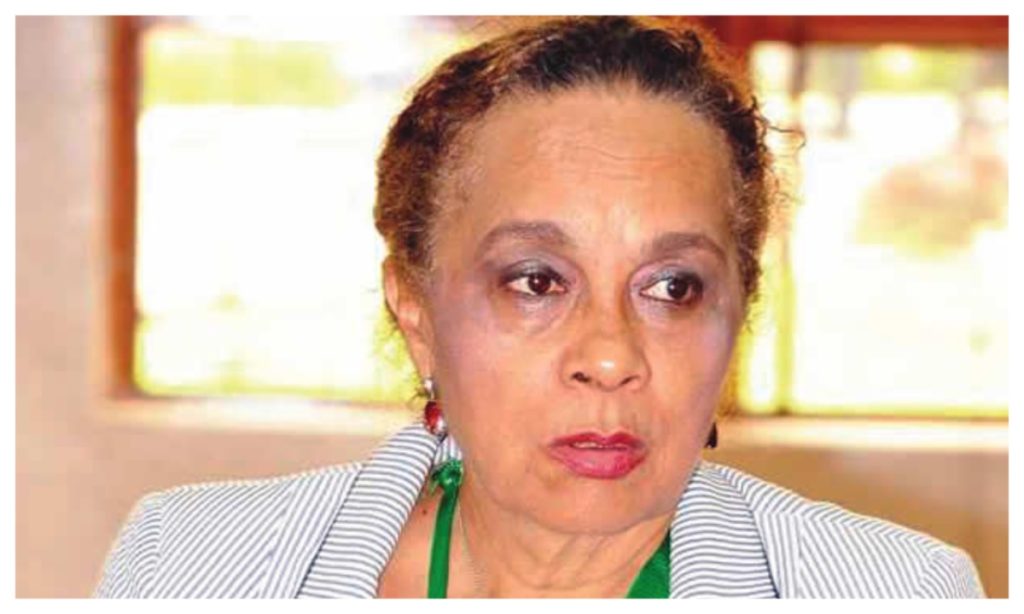Addis Ababa — Prime Minister Abiy Ahmed touted the success of the macroeconomic reforms introduced in late July by his administration during a parliamentary session on October 31, 2024. He hailed the reforms as a pivotal step toward enhancing government revenue, fortifying foreign currency reserves, and revitalizing the financial sector.
“We are at the beginning of a new chapter in which we will initiate national development by completing the reforms that were underway across various sectors,” Prime Minister Abiy told Members of Parliament (MPs).
He emphasized that Ethiopia’s economic system has been excessively closed, limiting the country’s ability to benefit from external trade, diversify products, and attract the necessary direct foreign investment. “In this context, the recent macroeconomic reforms lay the foundation for an era of sustainable economic growth for Ethiopia.”
According to the Prime Minister, Ethiopia recorded an 8.1% growth rate in the last fiscal year, which he described as a “significant achievement on a global scale.” His administration also anticipates an 8.4% growth rate in the current fiscal year, with the agricultural sector expected to grow by 6.1% and yield 1.4 billion quintals from the cultivation of 30 million hectares of land.
Furthermore, the government projects that the industrial sector will grow by 12.8% in the current fiscal year. Additionally, it anticipates that 72 new large-scale projects in various industries, such as textiles, food, and construction, will commence operations and contribute to the market.
The Prime Minister noted that the economic performance observed in the first quarter suggests the potential for higher growth than initially planned for the current fiscal year. As evidence, he highlighted a significant increase in government revenue following the macroeconomic reforms, indicating that revenue reached 180 billion birr in the first quarter of the current fiscal year—higher than the 109 billion birr collected during the same period last year.
However, he pointed out that the tax-to-GDP ratio remains below 10%, stating that the plan is to increase the ratio to 8.5% this year. Achievements in the export sector were also noted, with export earnings standing at $1.5 billion in the past three months, an increase of $1 billion compared to the same period last year. He underscored his administration’s expectation that export revenue will exceed $5 billion by the end of the fiscal year.
Introduced on July 28, 2024, the new macroeconomic reforms aim to rectify long-standing distortions in Ethiopia’s economy by shifting from a crawling peg exchange rate system to a market-based foreign currency regime. However, since the implementation of these reforms, Addis Abeba has experienced a notable surge in prices for various consumer goods, leading to government intervention against price gouging and hoarding.
A recent survey conducted by Addis Standard across multiple markets revealed significant price increases for a range of products, particularly imported goods and essential domestic items such as oil, sugar, and onions. A trader at Merkato, the city’s primary market, reported that the price of a five-liter container of cooking oil has increased from 900 birr to 1,200 birr, while sugar has risen from 100 birr per kilogram to 116 birr.
Recently, the government implemented a significant overnight increase in retail fuel prices, further burdening consumers. Effective October 8, 2024, the price of gasoline rose to 91 birr per liter, while diesel surged to 90 birr per liter. Despite these developments, official figures indicate a decline in headline inflation from 28% to 17.2% last month.
Acknowledging the impact of measures implemented to reduce inflation, MP Etaferaw Motta remarked that low- and fixed-income earners continue to face challenges due to the high cost of living. He inquired about specific measures the government intends to implement to achieve a single-digit inflation rate next year.
In response to concerns about the rising cost of living, Prime Minister Abiy emphasized that the government is implementing various programs to support the most vulnerable members of society. He noted that to prevent the high cost of living from placing excessive pressure on citizens, the government has allocated a subsidy budget ranging from 300 to 400 billion birr.
“The government’s initiatives, including soup kitchens, school feeding programs, and Sunday markets, are part of its efforts to support vulnerable populations,” the Prime Minister explained. “On a national level, housing has been provided for 249,000 vulnerable citizens.”
To permanently lower the cost of living, however, he highlighted the necessity of producing goods and services more efficiently. “Reforming the trade system also holds significant benefits,” he added.
Prime Minister Abiy also addressed the burden of national debt on the economy, emphasizing that the government has refrained from acquiring new commercial debts over the past six years, reducing the debt-to-GDP ratio from 30% to 17%. The goal is to continue reducing this ratio to below 10% in the near future.
He revealed that $13 billion in debt has been repaid over the past six years, supporting efforts to leave a sustainable legacy for future generations rather than passing on debt. The Prime Minister mentioned that the government is negotiating with creditors to restructure Ethiopia’s external debt, which could involve restructuring nearly $5 billion in external debt if successful.



